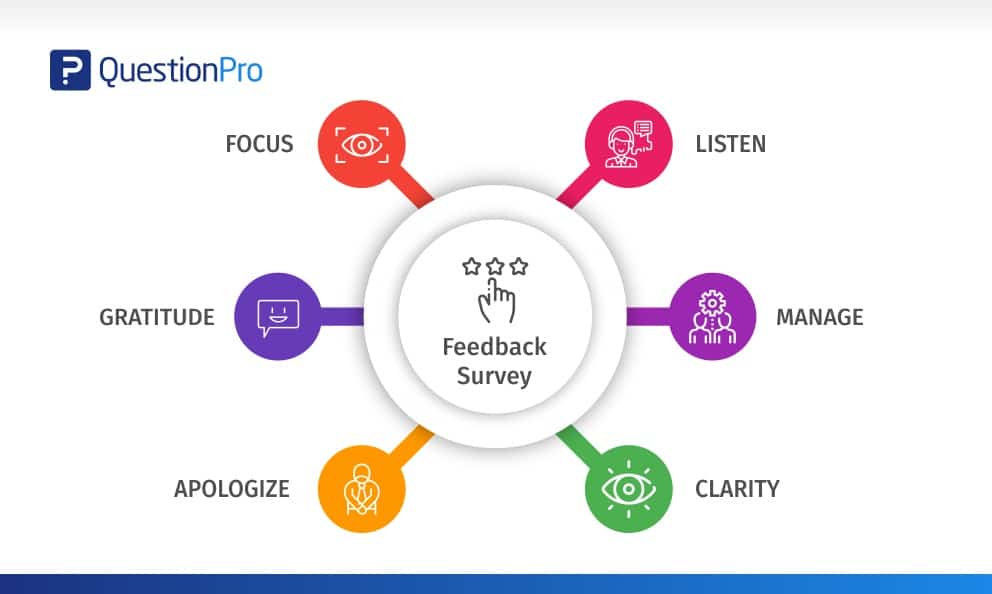(Please do NOT include personal information. Ie Social Security Numbers) Contact Information. Feedback: 1 n the process in which part of the output of a system is returned to its input in order to regulate its further output Types: negative feedback feedback in opposite phase with (decreasing) the input positive feedback, regeneration feedback in phase with (augmenting) the input vicious circle, vicious cycle one trouble leads to.
Also found in: Thesaurus, Medical, Acronyms, Encyclopedia, Wikipedia.feed·back
(fēd′băk′)n.1.
feedback
(ˈfiːdˌbæk ) n1. (Electronics)
) n1. (Electronics) feed•back
(ˈfidˌbæk)n.
feed·back
(fēd′băk′)| Noun | 1. | feedback - the process in which part of the output of a system is returned to its input in order to regulate its further output natural action, natural process, action, activity - a process existing in or produced by nature (rather than by the intent of human beings); 'the action of natural forces'; 'volcanic activity' negative feedback - feedback in opposite phase with (decreasing) the input positive feedback, regeneration - feedback in phase with (augmenting) the input |
| 2. | feedback - response to an inquiry or experiment answer, reply, response - a statement (either spoken or written) that is made to reply to a question or request or criticism or accusation; 'I waited several days for his answer'; 'he wrote replies to several of his critics' |

feedback
[ˈfiːdbæk]Nwe're not getting much feedback → no nos tienen demasiado informados de cómo vamos
Feedback Panda
feedback
[ˈfiːdbæk]nto get feedback from sb → avoir les réactions de qn
feedback
[ˈfiːdˌbæk]Feedback Form
n (from person) → reazionifpl; (from computer) →Kroger Feedback
feed-backmfeedback
→ الإفَادَةُ بِالرَّأْي odezva feedbackFeedbackανταπόκρισηreacción palautecommentaire povratna informacijafeed-back 意見 피드백feedbacktilbakemeldingopinia zwrotnafeedbackобратная связь återkoppling ผลสะท้อนกลับgeribildirim phản hồi反馈feed·back
feedback
n retroalimentación fWant to thank TFD for its existence? Tell a friend about us, add a link to this page, or visit the webmaster's page for free fun content.
Link to this page:
Giving feedback to your colleagues and employees provides them with an observer's insight into how their performance is progressing, as well as advice to solve any problems. But, for a number of people, hearing the six words, 'Can I give you some feedback?' generates fear and anxiety. The words go through a translator in our brain and are heard as, 'Can I completely tear you down?' It can be perceived that the person giving the feedback is somehow superior to the person receiving it, putting the receiver on the defense.
While giving and receiving feedback can be a delicate process, there's no doubting its value in helping to identify issues and solve them. Business owners should manage feedback in a positive way so that it can do what it's intended to do: Help improve and grow your business.
Here are five tips that can get you on track to giving productive feedback:
1. Create safety. Believe it or not, people who receive feedback apply it only about 30% of the time, according to Columbia University neuroscientist Kevin Ochsner, who cited that research at the NeuroLeadership Summit in Boston. If the person receiving the feedback doesn't feel comfortable, this can cause the feedback to ultimately be unproductive.
Feedback Synonym
If you don't have the kind of buddy relationship with a colleague or employee that allows you to say virtually anything to each other, then I suggest you add civility and safety into your feedback approach. Don't be mean-spirited. Your feedback usually won't be productive if it's focused on making the other person feel bad or make them look foolish in front of peers.
Related: Candid Talk About Performance Evaluations
Instead, create opportunities to build confidence and skills. This is especially effective when people are expecting to be graded. Confined situations in which people know they are being evaluated are good for giving feedback while learning skills.
2. Be positive. Give at least as much positive feedback as you do negative. Positive feedback stimulates the reward centers in the brain, leaving the recipient open to taking new direction. Meanwhile, negative feedback indicates that an adjustment needs to be made and the threat response turns on and defensiveness sets in. You don't need to avoid negative, or corrective, feedback altogether. Just make sure you follow it up with a suggested solution or outcome.
3. Be specific. People generally respond better to specific, positive direction. Avoid saying things like, 'You need to be more talkative in meetings.' It's too ambiguous and can be interpreted in a lot of personal ways. Say something specific and positive pointed at the task you want accomplished, such as, 'You're smart. I want to hear at least one opinion from you in every meeting we're in together going forward.'
Related: When to Set Sales Performance Reviews
4. Be immediate. The adult brain learns best by being caught in action. If you wait three months to tell someone that his or her performance is average, he or she usually can't grasp the changes needed in order to change direction. It's far too ambiguous and relies on memory, which can be faulty. Productive feedback requires giving it frequently. That way, performance reviews are just another collegial discussion.
5. Be tough, not mean. When someone drops the ball at work and you have to give him or her feedback, start by asking his or her perspective on the situation. Resist saying how stupid his or her actions were, even if they were.
Related: How to Discipline and Fire Employees
Next, give the objective, specific, forward-moving type of feedback I outlined earlier. Ask if he or she understands everything you expect. Inform the person that he or she is being graded and that you're there to help him or her succeed. As the saying goes: 'People have a habit of becoming what you encourage them to be, not what you nag them to be.'